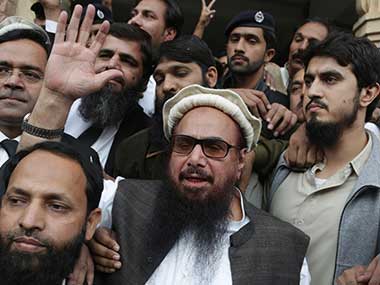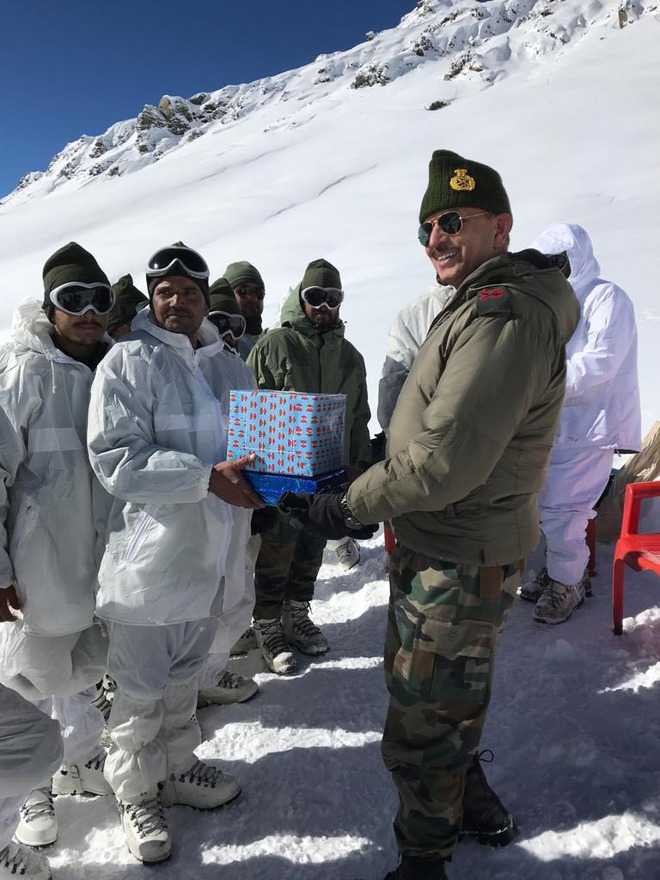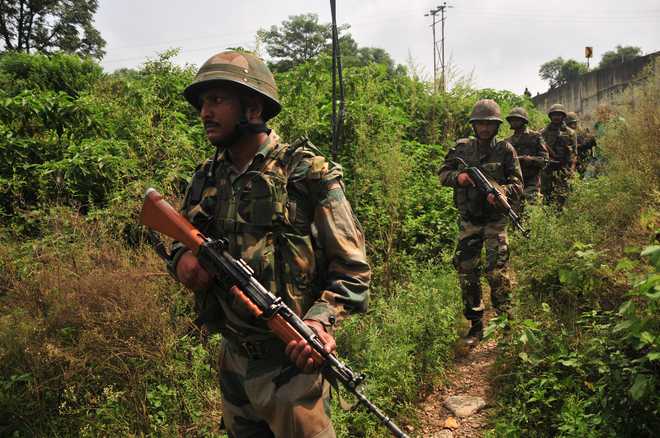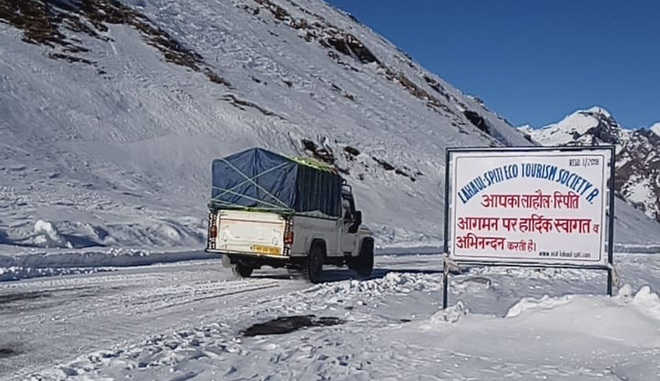Pakistan is indeed a strange country beyond any sense of rationalism. Only three days ago Human Rights Minister Shireen Mazari presented a strategic conflict resolution model for Jammu and Kashmir with the intent that the international community could get India to negotiate on the alleged dispute.
Since his election to office, Prime Minister Imran Khan has urged India a number of times to engage in talks without offering any commensurate commitment towards cessation of sponsored terror in Jammu and Kashmir or elsewhere in India.
The Financial Action Task Force (FATF), which identifies national-level vulnerabilities with the aim of protecting the international financial system from misuse, has placed Pakistan on its grey list for its failure to take sufficient action to curb financial networks that support and assist terror-related activities.

Down to just $8.5 billion in foreign exchange reserves, Pakistan, which has been struggling with a failing economy, has just been given a short lease of life in the form of a $3billion deposit and similar quantum of energy support, by Saudi Arabia.
Even as Pakistan reportedly seeks a $9-10 billion bailout from the International Monetary Fund (IMF), an organisation majorly controlled by the US, on 26 October, 2018, Pakistan took the decision to lift its internal ban on the JuD and Falah-e-Insaniyat Foundation (FIF), headed by 26/11 mastermind and well-known terrorist leader Hafiz Saeed. Both the organisations and Saeed had been banned by a presidential ordinance after they came on the UN Security Council terror list. Saeed recently challenged the ordinance on grounds that the Khan-led Pakistan Tehreek-e-Insaf (PTI) government has taken no action to convert the ordinance into law within the prescribed 120 days.
The United Nations Security Council had designated JuD as a terrorist organisation under Resolution 1,267 after the Mumbai attacks. In 2014, the US administration had added JuD in the global terrorist organisations’ list.
Though Khan’s government has the option of extending the ordinance for another four months after which if not converted to law by the legislature, the ordinance will lapse, it hasn’t.
Most times, it’s extremely difficult to understand Pakistan as a nation. At one end, its citizenry fully acknowledge that Saeed and his organisation only mean trouble for Pakistan’s already low international reputation, especially at a time when the nation is in dire straits on the economic front. But internally, there is, a fairly large segment which is enamoured by the JuD and FIF’s social activities. The organisation under its original avatar Lashkar-e-Taiba (LeT) was at the forefront of rescue and relief work during the 2008 earthquake in Pakistan-occupied Kashmir and runs several charity organisations which draws to it a degree of emotional support but does not manifest into political dividend.
Since the JuD creates no internal disturbances and largely focuses on terror activities in India (more specifically in Jammu and Kashmir) and to an extent in Afghanistan, it’s supported by the deep state and evokes a positive response from common citizens.
Fund collection drives in the name of jihad in Jammu and Kashmir are extremely popular. However, the reputation it carries internationally, especially after the 26/11 Mumbai Attacks, has placed it on watch lists and constant surveillance. Branded as friendly terrorists in the parlance of Pakistan’s strange internal security environment the JuD’s virulent anti-India stance helps keep it afloat and accepted despite a $10 million bounty on Saeed’s head.
It’s not as if the JuD’s nuisance potential is not recognised by the deep state. A senior retired US Army officer mentioned that when the Pakistan Army Chief was once privately queried on why doesn’t, in the interest of better India-Pak relations, the Pakistan Army stop the JuD from carrying out infiltration into Indian territory, the reply was that: it was a good safety valve to let out the steam. He felt that by being focused towards India, the JuD remained a strategic asset which could otherwise be an immense nuisance internally if restrained from its objectives.
None can, however, explain how Pakistan runs the risk of large scale hostilities with India given that the JuD’s actions lead to events that act as triggers for India to respond militarily.
Pakistan appears convinced that India is unprepared to risk a nuclear conflagration and therefore feels confident that it can continue this policy within India’s limits of tolerance. A greater Indian demonstration of will could act as a restraint on Pakistan’s use of JuD as a strategic asset.
The above notions now appear at risk. Clearly, the combined effect of national financial bankruptcy, FATF monitoring, application for IMF bailout, India’s diplomatic offensive, the lack of any commensurate Chinese initiative for economic bailout, and the questioning about the viability of coercive debt traps in nations partnered by China for the Belt and Road Initiative (BRI) (Pakistan being one of the flag bearers with its CPEC), should place Pakistan under immense pressure. The only explanation for Pakistan remaining fairly unconcerned about the risk it is running for — a potential meltdown financially as well as from a law and order angle — is that it realises its own nuisance potential. Its geostrategic location being such it demands international attention.
The US under President DOnald Trump has displayed a higher level of coercive capability against Pakistan but at the end of the day it’s only Pakistan’s cooperation which can stabilise Afghanistan to allow the US to leave with its head held high. Its strategic nuclear assets remain a source of great worry so a meltdown is not something that the international community can ever allow in Pakistan.
The deep state led by the Pakistan Army thus has its stakes high and is willing to run risks. Actions against Saeed and JuD constitute disturbing the internal balance, and drawing down from a proxy war against India — that Pakistan perceives it is winning — is not acceptable. So, nothing is likely to happen on the lapse of the ordinance.
At the most, a second ordinance for another 120 days will be issued and a forced constitutional amendment could well be on the cards to overlook the JuD and 66 other organisations which come under the purview of the ordinance. While many in the Pakistan government will offer oversight as a reason for this lapse with supposed ‘more important’ issues occupying Khan’s mind, it is clear that Saeed, JuD and FIF are strategic assets in more ways than just terrorists aimed at India. They give enough cause for concern to those who worry for Pakistan’s overall nuisance potential especially in the context of the compulsive issue of strategic nuclear assets. The more that threat is subtly played out, the greater the chances of bailout packages being made available. As stated earlier rationality is not something which can be applied in analysing Pakistan.

















































































